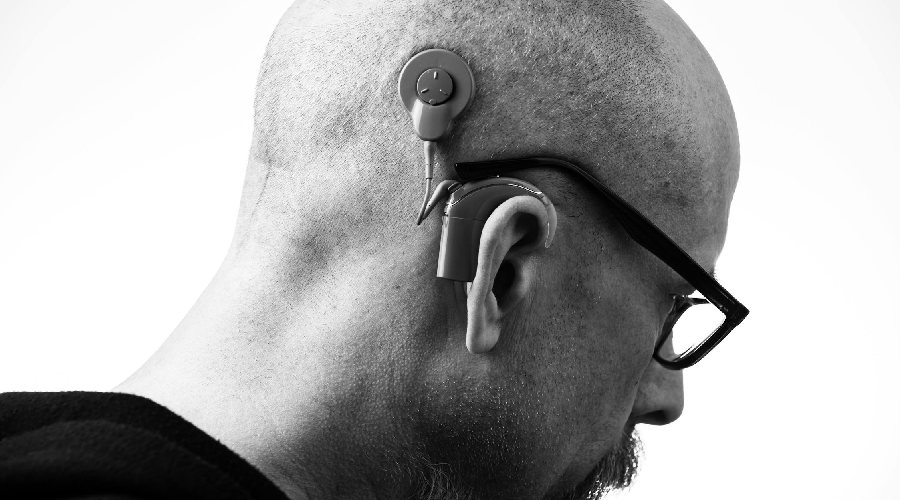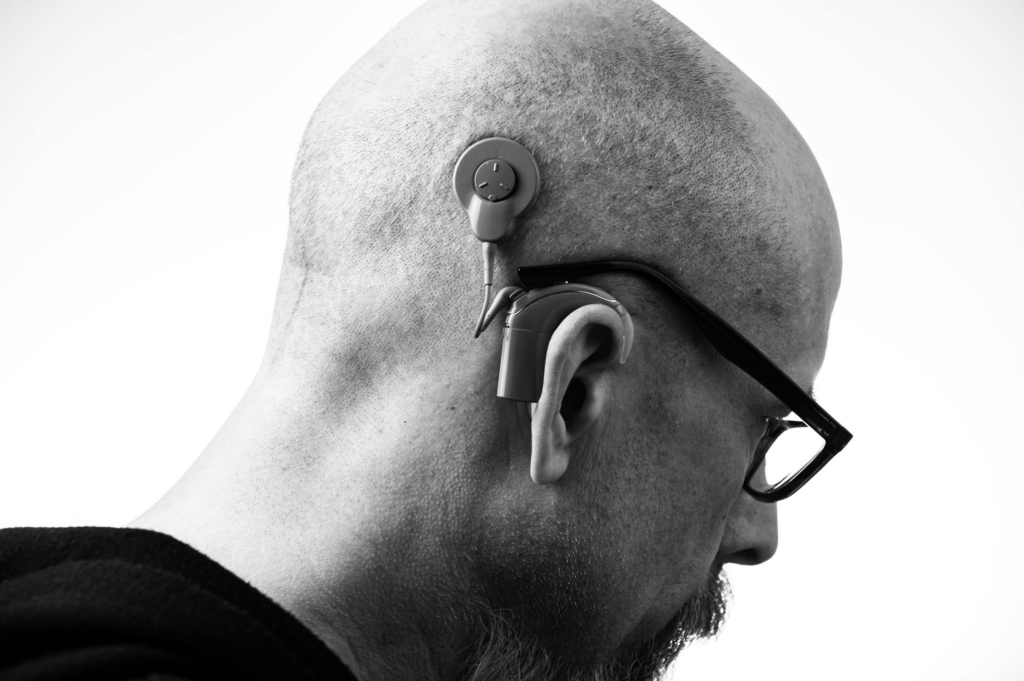
The menstrual cycle, a natural and essential part of a woman’s reproductive life, can be a source of both wonder and frustration. While it’s a sign of health and fertility, it can also bring about uncomfortable symptoms and disruptions to daily life.
Understanding your menstrual cycle, recognizing common issues, and knowing how to manage them can empower you to take control of your menstrual health and improve your overall well-being.
Decoding the Menstrual Cycle
The menstrual cycle is a complex series of hormonal changes. It typically lasts about 28 days, but it can vary from woman to woman and even from cycle to cycle.
The cycle is divided into four main phases:
- Menstruation:This is the first day of your period, marked by the shedding of the uterine lining. Bleeding typically lasts 3-7 days.
- Follicular Phase:The follicular phase starts on the first day of your period and ends with ovulation. During this time, the pituitary gland releases follicle-stimulating hormone (FSH).
- Ovulation:This is the release of a mature egg from the ovary, typically occurring around day 14 of the cycle.
- Luteal Phase:The luteal phase begins after ovulation and lasts until the beginning of your next period. The ruptured follicle transforms into the corpus luteum, which produces progesterone, a hormone that prepares the uterus for a possible pregnancy. If pregnancy doesn’t occur, the corpus luteum breaks down, progesterone levels drop, and the uterus sheds its lining, starting a new cycle.
Common Menstrual Issues
While the menstrual cycle is a natural process, many women experience issues that can cause discomfort and disrupt their lives.
These include:
- Dysmenorrhea (Painful Periods):Cramps, lower back pain, and abdominal pain are common during menstruation. These symptoms are often caused by prostaglandins, hormone-like substances that cause the uterus to contract.
- Irregular Periods:Irregular periods can involve variations in the length of the cycle, the amount of bleeding, or the timing of menstruation. They can be caused by hormonal imbalances, stress, certain medical conditions, or lifestyle factors.
- Premenstrual Syndrome (PMS):PMS is a group of physical and emotional symptoms that occur in the days or weeks leading up to menstruation. Symptoms can include mood swings, irritability, bloating, breast tenderness, and fatigue.
- Heavy Menstrual Bleeding (Menorrhagia):Heavy bleeding can interfere with daily activities and may indicate an underlying medical condition.
- Amenorrhea (Absent Periods):Amenorrhea is the absence of menstruation. It can be caused by pregnancy, breastfeeding, menopause, or medical conditions that affect hormone production.
Managing Menstrual Symptoms

While some menstrual discomfort is normal, there are various strategies for managing symptoms and improving your menstrual health.
Over-the-counter pain relievers like ibuprofen or naproxen can help relieve cramps and pain, and applying heat to the abdomen or lower back can also provide comfort. Lifestyle changes, such as exercising regularly, practicing stress management techniques like yoga or meditation, and eating a healthy diet, can help regulate your cycle and reduce symptoms.
For more severe menstrual issues, your doctor may recommend hormonal birth control, medications to regulate hormones, or surgery to address underlying conditions like fibroids or endometriosis.
Houston Physicians’ Hospital: Your Partner in Women’s Health
The physicians at Houston Physicians’ Hospital understand the importance of comprehensive women’s healthcare. They’re dedicated to providing personalized care to women of all ages, including addressing menstrual health concerns.
If you’re experiencing menstrual problems or have any concerns about your menstrual health, you can learn more about our gynecological services here and then scroll to the bottom of the page to find a gynecologist who’s right for you.
The physicians at Houston Physicians’ Hospital also specialize in Hip Arthritis Treatments in Webster, TX, hip replacement surgery, back pain treatment, neck pain treatment, knee surgery, and more.














